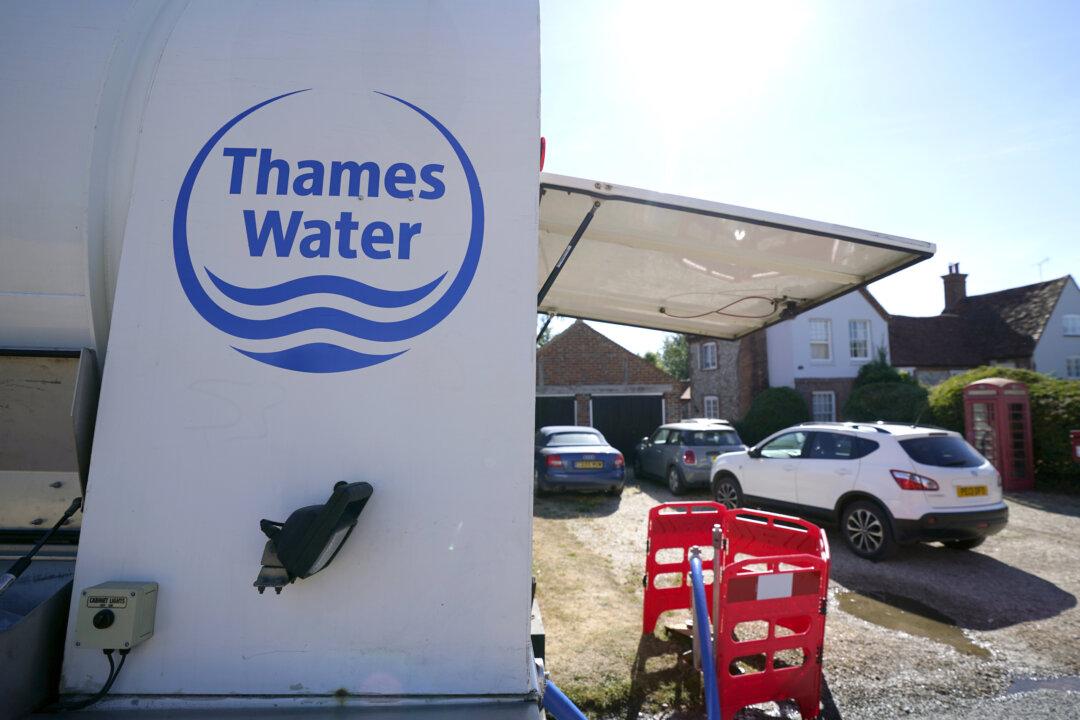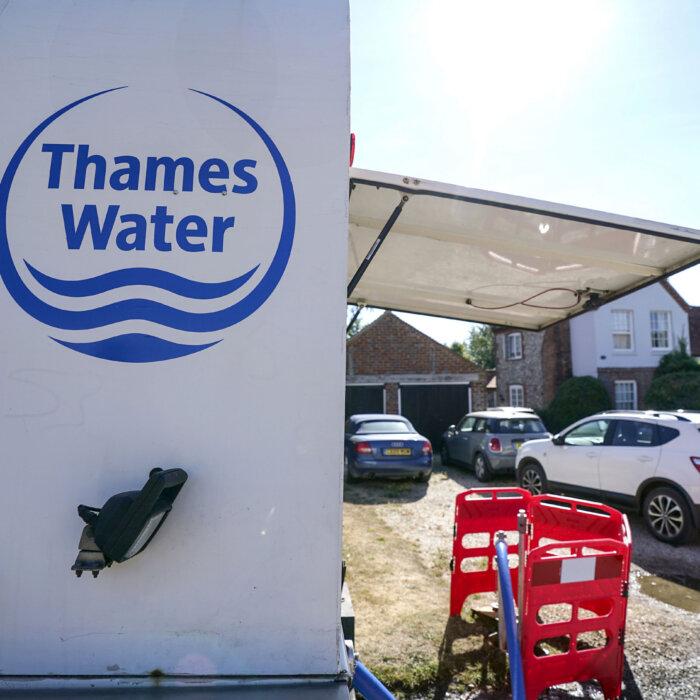Water industry regulator Ofwat has allowed a 35 percent increase in bills for Thames Water customers, as it also imposed a £18.2 million penalty on the provider for “unjustified” dividend payments to shareholders.
The regulator’s final determinations, released on Thursday, set the regulatory framework for water companies in England and Wales from 2025 to 2030.
The UK’s biggest water provider, Thames Water, was found to have breached dividend payment regulations, following a payout of £131 million to shareholders in March, which Ofwat said was not justified.
Ofwat said it will protect customers by making an adjustment to the price control.
“Ofwat’s £18 million penalty and clawing back the value of £131 million in unjustified dividend payments is a clear warning to the whole sector: We will take action against companies who take money out of these businesses, where performance does not merit it,” said Ofwat’s Chief Executive David Black.
The provider that serves about 16 million customers faces nearly £16 billion debt and needs £3.3 billion over the next five years to keep running.
Price Review
The 35 percent increase in Thames Water customer bills over the next five years, approved by Ofwat, is slightly below the 53 percent rise requested by the provider.Under proposed changes, Thames Water customers will see their average annual bill rise to £588 by 2030. This is £152 more than current levels of £436 a year.
The regulator said it will ensure Thames Water meets its targets to improve services for customers and the environment.
The company must report on its progress each year. If it underperforms, customers will pay less, but if it does better than expected, it can charge more to reflect the extra benefits provided.
Responding to Ofwat’s decision, Thames Water said on Thursday it will “take time to review the determination in detail.” It added that the “deliverability and investibility” of the determination is “critical to the company’s future.”
The provider will announce customer charges for April 2025 by early February. They will be based on the regulator’s decision.
By 2029–2030, the biggest bill increase will be for Southern Water customers, up £222 (53 percent), followed by Severn Trent Water, up £185 (47 percent). Dwr Cymru, Hafren Dyfrdwy, and Yorkshire Water will also see large rises of 41–42 percent.
Campaigners
Ofwat has approved a £104 billion investment by water companies over the next five years, which the regulator said will “help unlock critical new infrastructure across England and Wales, boosting local growth.”A Water UK spokesperson welcomed the investment and said it will be the “largest amount of money ever spent on the natural environment.”
“After a decade of cuts Ofwat has finally listened to public anger and agreed a much-needed quadrupling of investment in our aging infrastructure.
“We understand increasing bills is never welcome. To protect vulnerable customers, companies will triple the number of households receiving support with their bills to three million over the next five years,” the spokesperson added.
Sienna Somers, a senior nature campaigner at Friends of the Earth, criticised Ofwat’s determination, saying it forces customers to bear the cost of years of underinvestment in deteriorating water infrastructure.
“Dirty water companies shouldn’t be able to rely on their customers to foot ever higher bills while they line the pockets of their shareholders and leave our rivers brimming with sewage,” she said.
Somers suggested that significant price increases will not ensure cleaner water or address the sewage crisis but instead reward companies for failing to comply with environmental protections.
However, Ofwat said its decisions will boost investment in resilience, addressing challenges such as climate change impacts, power outages, and flooding.







